Understanding and Treating Gastric & Peptic Disorders
Learn about gastric and peptic disorders, their causes, symptoms, and treatments for improved digestive wellness.
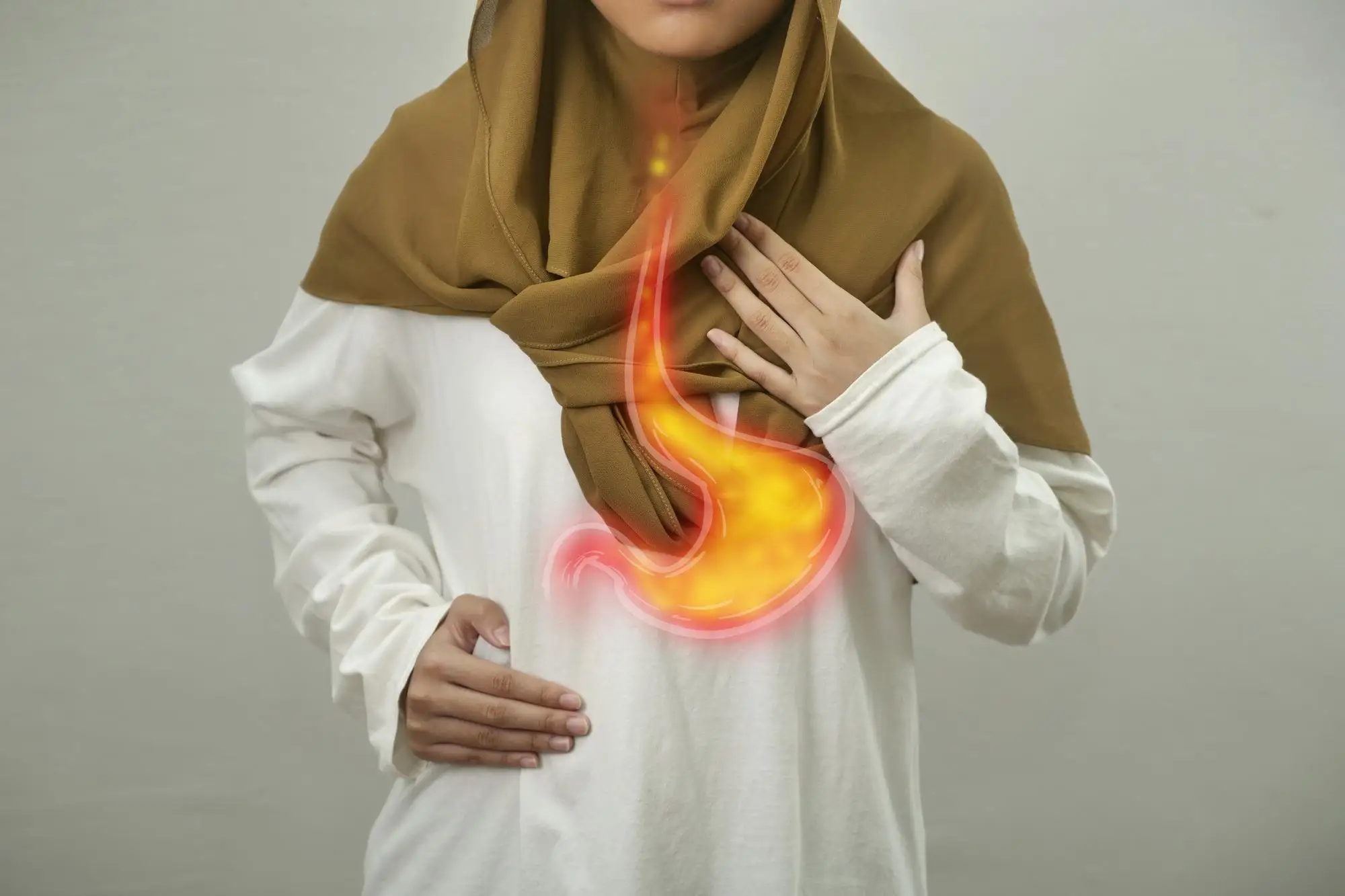
Gastric & Peptic Disorders
The stomach plays a vital role in digestion, breaking down food and protecting the body from harmful bacteria. However, when the stomach lining becomes inflamed or eroded, it can lead to gastric and peptic disorders—conditions that cause pain, indigestion, ulcers, and bleeding.
These disorders commonly include gastritis, peptic ulcers, duodenal ulcers, and functional dyspepsia. While they’re treatable, ignoring the early signs can cause serious complications such as internal bleeding or perforation.
At VS Hospitals, a team of expert gastroenterologists and digestive health specialists provides evidence-based care using modern diagnostic tools and advanced therapies. The goal is not only to relieve symptoms but to address the underlying causes for long-term stomach health.
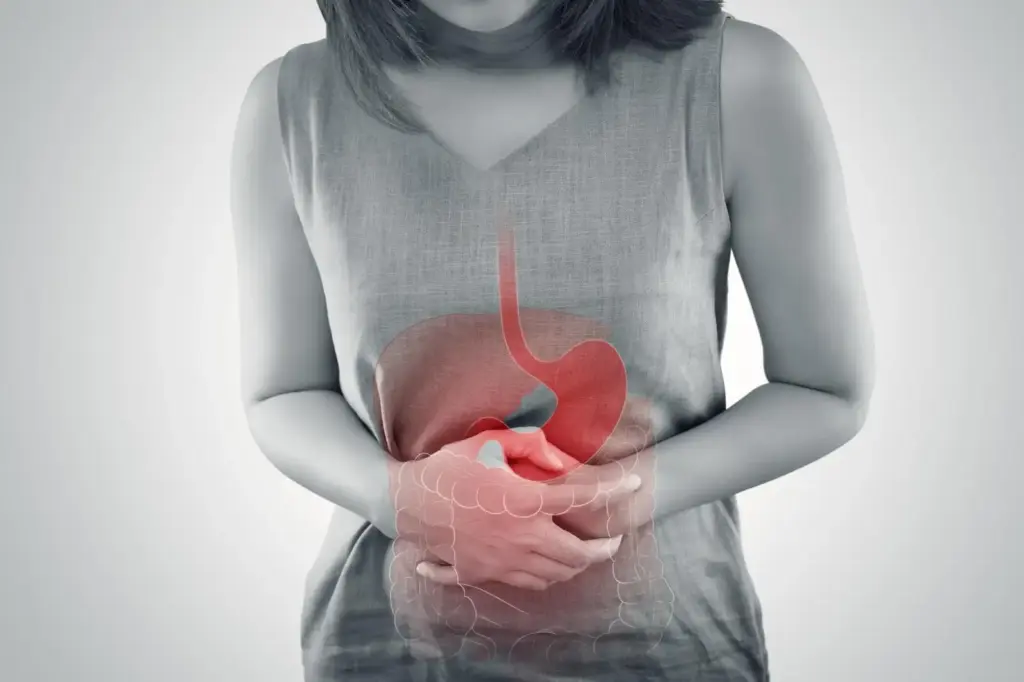
Early Detection Saves Lives
Early detection and treatment are crucial for improving the chances of survival. If you notice any concerning symptoms, consult a healthcare provider immediately.
Gastric & Peptic Disorders – Signs and Symptoms
Burning stomach pain
A dull, gnawing sensation, often between meals or at night.
Indigestion or bloating
Discomfort or fullness even after eating small portions.
Nausea and vomiting
In some cases, patients may vomit blood or material that looks like coffee grounds.
Loss of appetite
Leading to unintentional weight loss.
Heartburn
A burning feeling in the chest caused by acid reflux.
Dark or tarry stools
Sign of gastrointestinal bleeding.
Fatigue and weakness
Resulting from blood loss or poor nutrient absorption.
Blood in Urine
Hematuria - pink, red, or dark urine, the most common symptom
Frequent Urination
Feeling the need to urinate frequently, even when bladder is not full
Painful Urination
Experiencing pain or burning sensation while urinating
Back or Pelvic Pain
Pain that occurs as the cancer grows and spreads
Unexplained Weight Loss
Significant weight loss not related to diet or exercise
Fatigue
Feeling unusually tired or weak without a clear cause
If these symptoms persist for more than a few days, it’s essential to consult a specialist at VS Hospitals for timely diagnosis and treatment.
Meet Our Expert Gastric & Peptic Disorders Specialists
Gastric & Peptic Disorders – Risk Factors
Smoking
Smoking is one of the leading causes of bladder cancer. Chemicals in tobacco smoke can damage the lining of the bladder, increasing the risk.

Gender
Men are at a higher risk of developing bladder cancer than women.

Chronic Bladder Infections or Inflammation
Conditions such as bladder infections and long-term bladder inflammation can increase the risk.

Exposure to Chemicals
Prolonged exposure to certain chemicals, especially those used in the dye industry, rubber production, and chemical manufacturing, increases the risk.

Helicobacter pylori infection
The most common bacterial cause of ulcers and chronic gastritis.
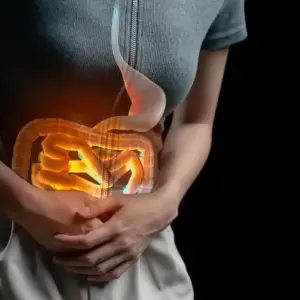
Regular use of NSAIDs
Long-term use of pain relievers like ibuprofen or aspirin damages the stomach lining.
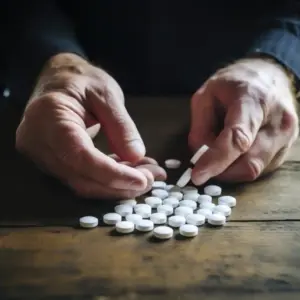
Smoking
Increases acid production and slows healing of ulcers.

Excessive alcohol intake
Weakens the mucosal barrier and worsens inflammation.

High stress levels
Can increase acid secretion and delay recovery.

Spicy and acidic foods
Irritate the stomach lining and trigger pain in ulcer patients.

Family history
Genetic predisposition can make some individuals more vulnerable.

Medical conditions
Diseases like Crohn’s disease or liver disorders can contribute to ulcer formation.
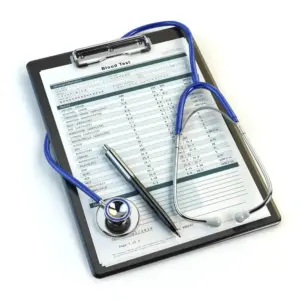
Gastric & Peptic Disorders
Diet and Nutrition
Prevention
Diagnosis
Key Services
Key Facilities
Diet plays a key role in managing gastric and peptic disorders. At VS Hospitals, dietitians work alongside gastro specialists to create safe, balanced meal plans that heal the stomach lining and prevent relapse.
- Eat Small, Frequent Meals: Reduces acid buildup and prevents stomach overloading.
- Avoid Trigger Foods: Spicy, oily, and acidic foods such as citrus fruits, pickles, and fried snacks should be limited.
- Include Healing Foods: Bananas, oatmeal, boiled vegetables, and yogurt soothe the stomach.
- Stay Hydrated: Drinking sufficient water dilutes stomach acid and aids digestion.
- Avoid Caffeine and Carbonated Drinks: They increase acidity and cause bloating.
- Limit Alcohol and Tobacco: Both delay ulcer healing and damage mucosal cells.
- Opt for Low-Fat Cooking: Steamed, baked, or boiled foods are gentle on the digestive system.
- Avoid Late-Night Eating: Allow 2–3 hours between dinner and bedtime to reduce acid reflux.
- Supplement with Probiotics: Promotes healthy gut bacteria balance.
- Maintain a Consistent Eating Schedule: Supports natural digestion and acid control.
The dietary management at VS Hospitals ensures patients recover faster, regain energy, and maintain a healthy digestive rhythm.
Preventing gastric and peptic disorders requires lifestyle modifications, regular check-ups, and mindful eating habits. The gastroenterology team at VS Hospitals recommends:
- Regular Meals: Avoid skipping breakfast or staying hungry for long hours.
- Reduce Stress: Practice yoga, meditation, or deep breathing to control acid secretion.
- Quit Smoking: Smoking delays ulcer healing and increases acid production.
- Limit Alcohol Intake: Even moderate consumption can damage stomach lining.
- Use Medications Wisely: Avoid self-medicating with painkillers or antacids.
- Stay Hydrated: Proper hydration prevents acid irritation and promotes digestion.
- Exercise Regularly: Improves digestion and reduces reflux.
- Routine Screening: Regular endoscopic check-ups at VS Hospitals help detect early signs of ulcers or gastritis.
- Maintain Good Sleep: Sleep disorders can worsen acid reflux.
- Follow Doctor’s Advice: Long-term compliance with prescribed therapy prevents recurrence.
At VS Hospitals, prevention is prioritized through patient education, regular follow-ups, and lifestyle coaching.
Accurate diagnosis is crucial for effective management. VS Hospitals uses advanced gastroenterology technology to detect even the smallest changes in the stomach and duodenum. Common diagnostic procedures include:
- Upper GI Endoscopy: A thin, flexible tube with a camera is inserted to visualize ulcers, inflammation, or bleeding.
- Urea Breath Test: Detects Helicobacter pylori infection through breath analysis after a special solution is consumed.
- Stool Antigen Test: Identifies bacterial infections or bleeding in the digestive tract.
- Blood Tests: Used to check for anemia, infection, or other related conditions.
- Barium Swallow X-ray: Highlights abnormalities in the stomach and duodenum using a contrast dye.
- Biopsy: Small tissue samples are taken during endoscopy to rule out cancer or chronic infections.
At VS Hospitals, all diagnostic results are interpreted by highly experienced gastroenterologists who ensure that every patient receives a personalized and accurate diagnosis.
VS Hospitals offers an all-encompassing range of medical and surgical services to treat gastric and peptic disorders effectively. The hospital’s gastroenterology team integrates modern medicine with lifestyle interventions to promote full recovery.
- Targeted Medical Therapy: Antibiotic regimens effectively eradicate Helicobacter pylori infections, the primary cause of peptic ulcers.
- Acid Control & Protection: Proton pump inhibitors (PPIs), antacids, and cytoprotective agents help reduce acid secretion and safeguard the stomach lining.
- Endoscopic Interventions: Endoscopic clipping, cauterization, or balloon dilation control bleeding and relieve obstruction caused by chronic inflammation.
- Minimally Invasive Surgery: Laparoscopic procedures are performed for non-healing ulcers or perforations to ensure quicker recovery and less pain.
- Nutritional & Lifestyle Management: Customized diet plans, stress management, and counseling reduce relapse risk and promote long-term gut health.
- Comprehensive Ulcer Monitoring: Regular endoscopic evaluations and follow-ups ensure complete healing and prevent recurrence.
- 24/7 Emergency & Intensive Care: Round-the-clock gastroenterology and ICU support provide immediate care for bleeding, perforation, or other acute complications.
The state-of-the-art infrastructure at VS Hospitals enables accurate diagnosis and effective management of complex gastric and peptic conditions. Key facilities include:
- Advanced Endoscopy Suite: High-resolution video endoscopes for precise visualization and immediate intervention.
- Robotic and Laparoscopic Surgery Unit: Enables minimally invasive ulcer and reflux surgeries with faster recovery.
- Dedicated Gastroenterology Department: Managed by experts with vast experience in treating digestive disorders.
- 24/7 Emergency & ICU Support: For patients with life-threatening bleeding or perforated ulcers.
- Comprehensive Diagnostic Laboratory: Offers quick turnaround for blood, stool, and infection tests.
- In-house Imaging Center: Equipped with ultrasound, CT, and MRI for detailed gastrointestinal evaluation.
- Diet & Nutrition Counseling: Dietitians provide meal plans designed to restore gut balance.
- Post-Treatment Rehabilitation: Follow-up sessions ensure recovery and prevent recurrence.
With world-class technology and compassionate specialists, VS Hospitals provides complete digestive care—making it one of the most trusted hospitals for gastric and peptic disorders in Chennai.
Top Medical Facilities at Our Multispeciality Hospital – Here’s What Makes Us Different!
Ready to Begin Your Gastric & Peptic Disorders Care Journey?
Learn More About Gastric & Peptic Disorders
Frequently Asked Questions
Gastric and peptic disorders are primarily caused by Helicobacter pylori infection, long-term use of painkillers, or excessive acid production. Factors like smoking, stress, and poor diet worsen symptoms. At VS Hospitals, experts identify the root cause using endoscopic and lab evaluations, ensuring targeted treatment and faster healing for every patient.
Treatment focuses on eliminating infection, reducing acid, and protecting the stomach lining. VS Hospitals offers antibiotic therapy, acid-suppressing medications, and endoscopic procedures when needed. Diet counseling and follow-up care are integral parts of the treatment to ensure complete healing and prevent recurrence of ulcers or gastritis.
Seek immediate medical attention if you experience persistent stomach pain, vomiting blood, black stools, or unexplained weight loss. VS Hospitals provides 24/7 emergency and gastroenterology services for prompt diagnosis and care. Early treatment helps prevent severe complications like bleeding, perforation, or stomach cancer.
